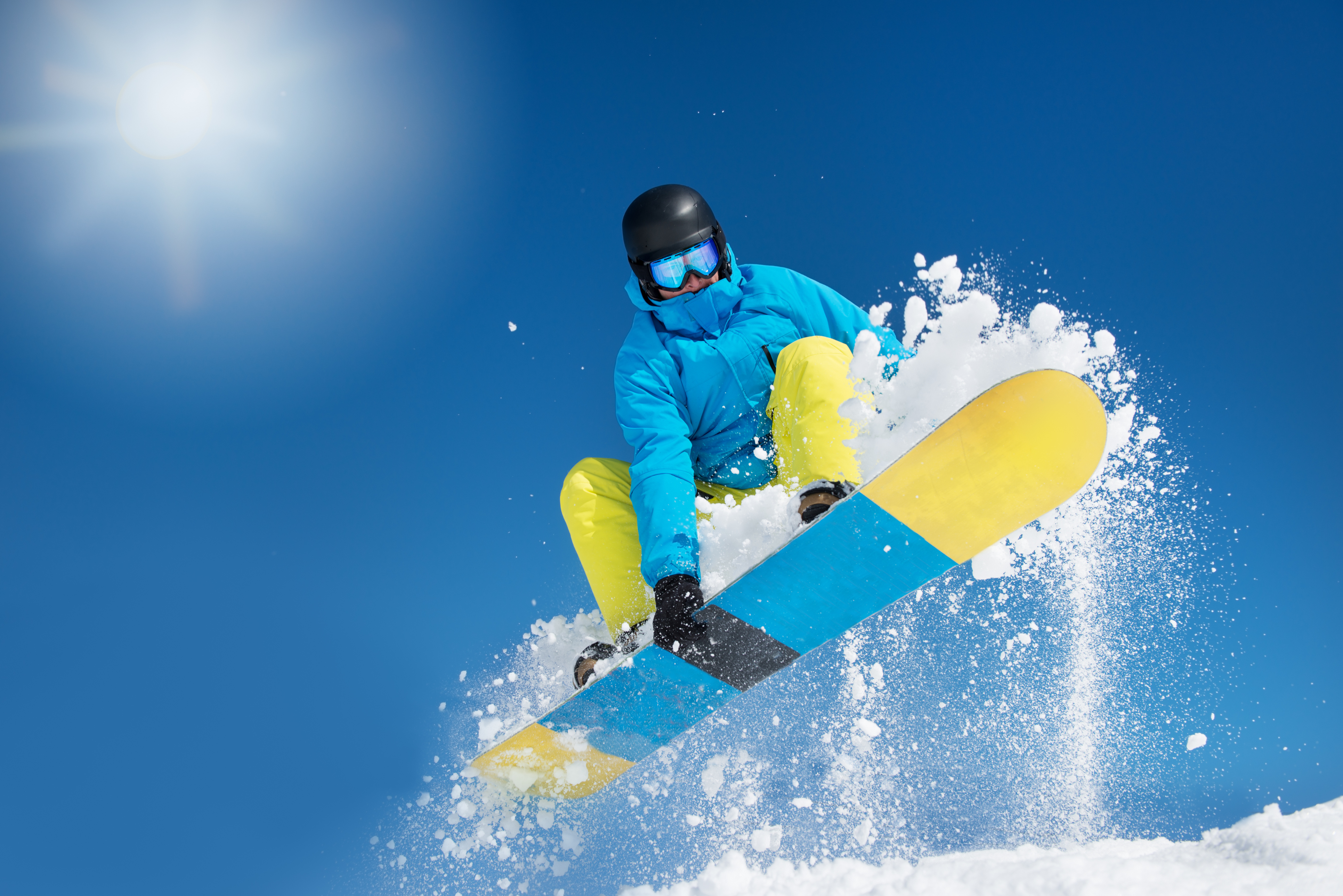At Resurgens Orthopaedics, we get so excited when the Winter Games come around. This year, athletes from all around the world have traveled to compete for glory and honor their home nations. We wish all the athletes good luck in their quest to bring home the gold! While many of us are happy just to be watching exciting events like figure skating, skiing, and snowboarding, others aren't satisfied unless they're out there experiencing the rush of participating in these sports themselves. If the Winter Games have inspired you to partake in some winter sports, we encourage you to do so safely. Here are a few tips on how to avoid some common winter sports injuries when participating in a few of our favorite winter sports:
Ice Skating Injuries
Whether you skate for fun or you're training for competitive figure skating or hockey, injury prevention should be the first thing on your mind. Foot and ankle injuries are some of the most commonly seen in ice skaters. Before going out on the ice, be sure you're using the right type of skate for the activity you're performing and that it fits your foot properly. Also, make sure you lace your skates all the way up so your ankle can be supported when pushing off and when making high-impact landings.

Snow Skiing
Any time you strap on your snow skis, the potential for injuries exists. High-speed runs down the mountain can be a lot of fun, but they can also be dangerous! Wearing a helmet can go a long way toward protecting your head in a collision, whether with an obstacle or with another skier. In addition, it's important to stay aware of your surroundings any time you're skiing and never take on a slope that's beyond your experience level.
Snowboarding
While collisions among snowboarders are less common than they are among skiers, it's actually even more important to wear a helmet when you snowboard, whether you're doing some speed runs or doing tricks in the terrain park. That's because snowboarding is more oriented around performing jumps and tricks, not to mention the added dangers that can be found in a terrain park. A helmet can soften the blow when high-flying tricks go wrong and can also protect your head from injuries on rails, copings, and other terrain park obstacles. Also, keep your ability level in mind when snowboarding and avoid obstacles that could be potentially dangerous for an inexperienced rider.

To all you winter sports warriors out there, the staff at Resurgens Orthopaedics hopes you have a great time and stay safe!